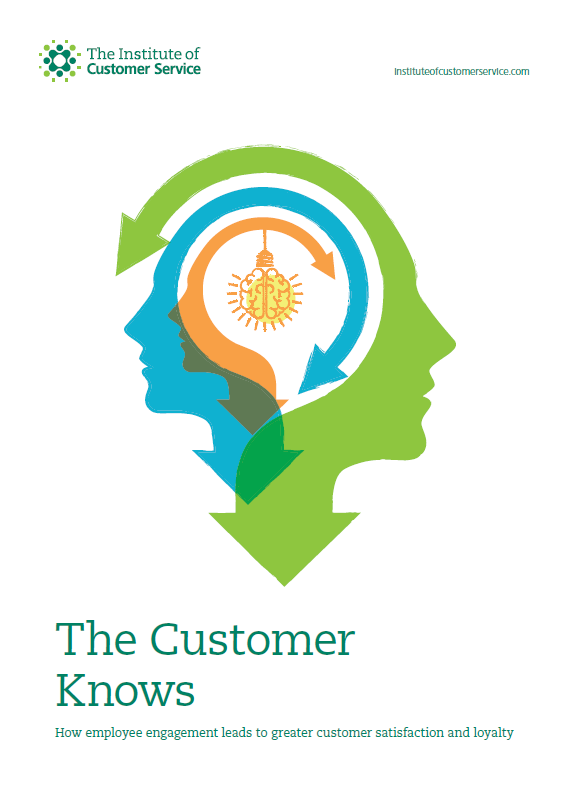By Jo Causon, CEO, The Institute of Customer Service
As I wrote in my blog at the end of last year, finding and retaining the right people has become an urgent priority for most of us running businesses if they are to be fit and prepared for the new uncertain world in which we are operating.
This means people who not only have good capabilities and skills, but who are genuinely engaged with the organisation’s purpose and values and are prepared to go ‘above and beyond’ to achieve good customer and business outcomes. We are looking for people who are motivated to do the right thing and feel that they can bring the whole of them-selves to work.
This issue is becoming even more pressing. We may have record employment levels, but the latest figures show that companies are struggling to fill vacancies amidst mounting fears over skills shortages.
I believe that part of the problem is the way employer/employee relations have developed over recent years and for sure the relationship is not where it needs to be.
At the risk of looking backwards, there was I believe a much clearer ‘psychological contract’ between an employer and employee prior to the financial crash, where each side had expectations of the other in terms of their relationship. This went beyond the mere contractual terms. It meant that each side was invested in the other, based on mutual beliefs, common ground and a commitment to treat each other fairly.
Over time, however, this contract has become stretched and, in some cases, broken. There are a number of reasons for this. In the leaner years since the financial crisis, many companies have simply not invested as much as they used to in training and development for their staff. Most of us haven’t taken the time to understand our colleagues’ motivations and ambitions – do you know what makes the person you sit next to at work every day tick, the names of their children and where they go on holiday? What irritates them and what makes them laugh?
The nature of work has changed in many sectors, due to the advent of new technologies and modes of working. At the same time, the pace of work has quickened and frequently it feels as though there simply aren’t enough hours in the day. Line managers have so many tasks on their plate that they struggle to find the time to actually talk and listen to their team members.
Instead, more and more of what we do reverts to the written word, for compliance reasons and to leave ‘evidence trails’. People send each other emails rather than sitting down to discuss an issue.
In other words, employers need to find ways to invest more in their people again and ensure that managers and leaders are able to properly engage with and support their staff.
But this contract is a two-way, reciprocal thing. Employees also have a responsibility. I fear that in recent years, many individuals’ attitudes to work have changed: becoming more functional and short-term. I am not only talking about Millennials here – I don’t believe this is an age related issue, rather it is an engagement issue for us all.
In fact, it mirrors what we are seeing in wider society. Many customers have become less loyal, switching allegiance to wherever they find the best deal. There is nothing wrong with this – who can blame someone for wanting the best product at the best price? But we must not be seduced by short term promises and quick rewards – or we will simply devalue the brands and interactions we love as they disappear. I do believe good things are worth fighting for!
For employees to get the best out of themselves and actually enjoy their work to the full, I believe every individual needs to be prepared to take accountability and set themselves the same standards of performance and commitment that they in turn expect from their employer.
Rediscovering the psychological contract will bring significant benefits to both employers and employees. It matters because our research has consistently shown that the more that employees are positively engaged with the organisation they work for, the higher customer satisfaction is. And the higher that customer satisfaction is, the better the financial performance of the organisation.
We found that only a quarter of employees feel positively engaged with their employer. Six in ten are only passively engaged, while 15% feel disengaged.
In challenging times, with so much political and economic uncertainty, businesses and their staff need each other more than ever. Rewriting or re-establishing the psychological contract could bring a sense of renewal and reinvigoration on both sides.



